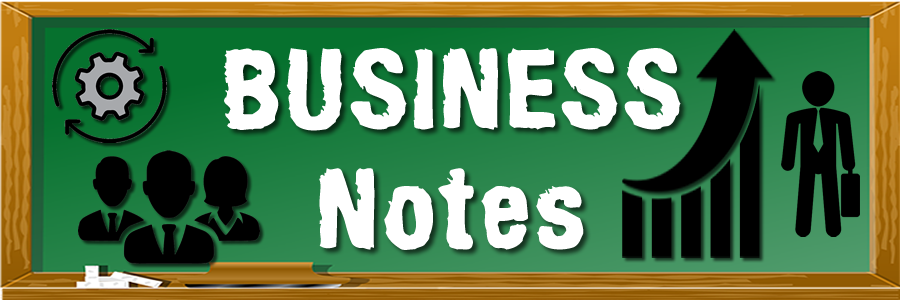When going to networking events or meetings always have a plan. Ask yourself a few questions:
- Why am I going to this event?
- How many new people do I want to meet?
- Am I looking for a specific category of client?
- Am I looking for an introduction to a certain prospect?
- Am I trying to find out specific information?
When you have a plan and know why you are going, it’s easier to stay focused and to be able to measure the outcome.
Just showing up at an event is never the best use of your time or money.
Don’t go to an event just because it’s free; evaluate the event to see how it fits in with your business objectives and networking goals. Remember the cost of your time.
If possible find out from the organisers the people who will be attending and their types of business and then try and be introduced to those who have the best fit for your business. If you can find out a little about them before you are introduced, it will give you a great conversation starter.
Go with a friend or colleague who may also get value from the event. You’ll be less intimidated than by going on your own.
However, don’t spend all your time together.
Don’t take your troubles with you – always look like you are enjoying yourself.
Nobody wants to listen to someone who is always saying how bad things are or just being negative.
Practice starting conversations, but do not be drawn into conversations that you don’t want. Make a list of conversation starters that you can use. They will help to break the ice.
In any conversation avoid controversial issues; sex, politics and religion. Avoid being sexist, racist, or ageist.
If the conversation is veering into an area you feel uncomfortable with – move on.
You must learn to listen 80% of the time and talk 20% of the time – pay attention to what is being said, listen out for opportunities for colleagues and listen for ways you can help make connections to someone else in your network.
Learn to ask good questions.
If you can, arrive 10 mins early – it’s easier to start a conversation with the one or two early birds than walk into a room full of people all engaged in animated conversations.
By arriving early, you can help set up and become known to the organisers and if possible use your time to talk with any presenters who are speaking at the event.
Find out where the food and drink is situated and position yourself nearby. Queues are a great place to start a conversation.
Eat before you arrive at an event – it’s difficult to balance a plate of food, a drink and shake someone’s hand.
A mouthful of food while trying to hold a conversation is not very appealing and can be off-putting.

